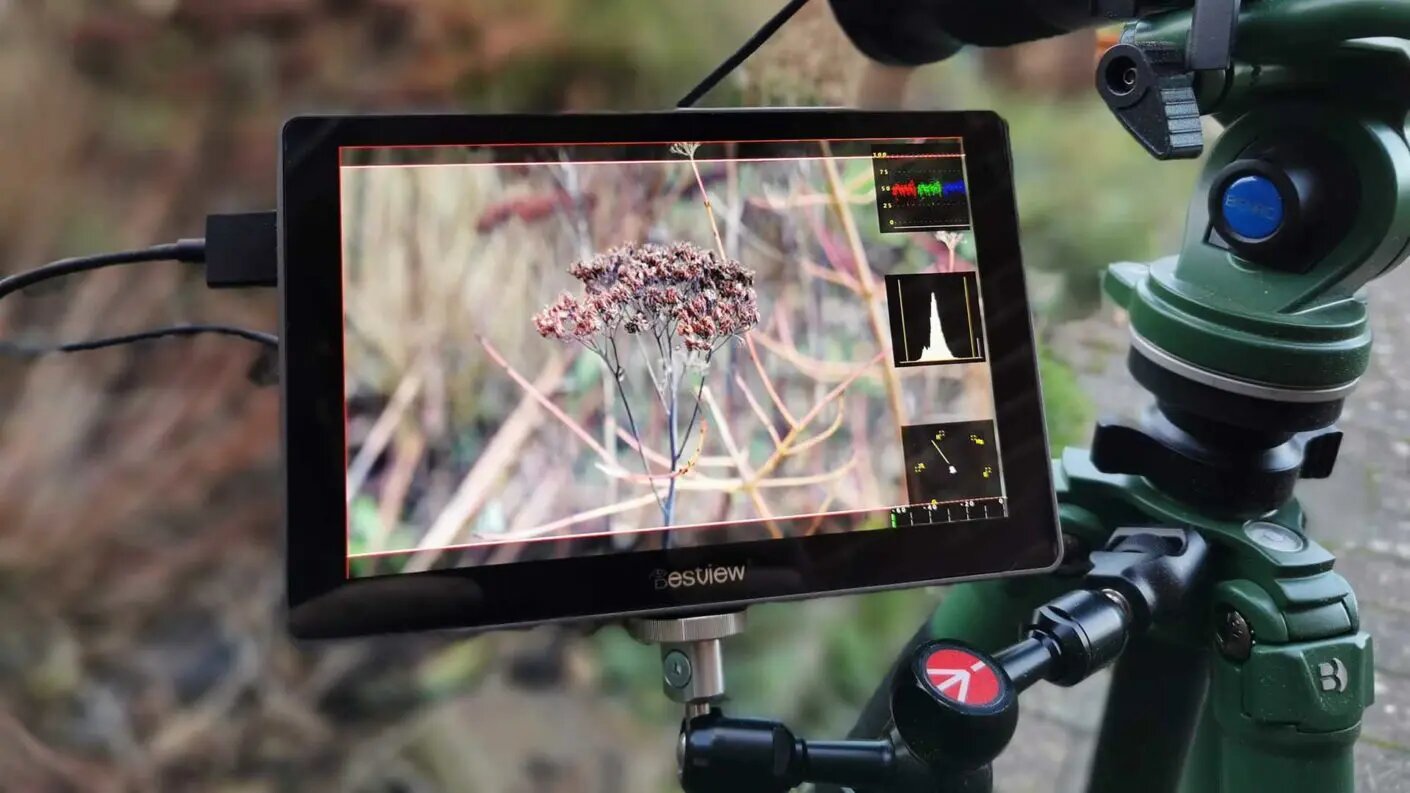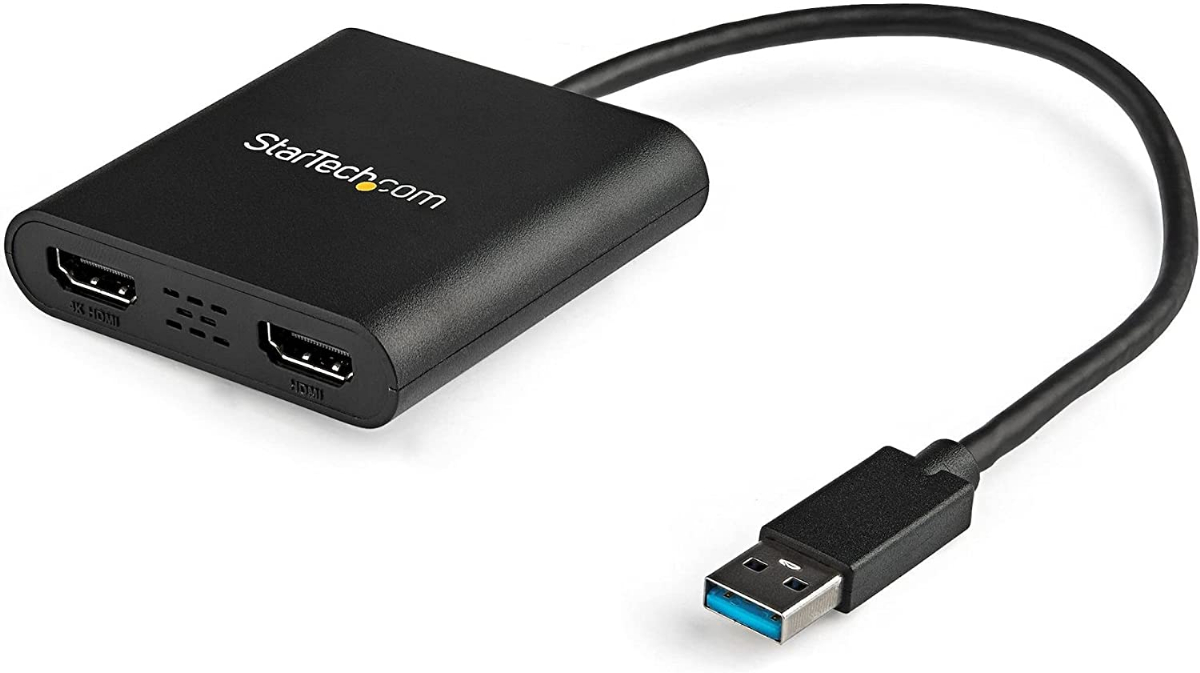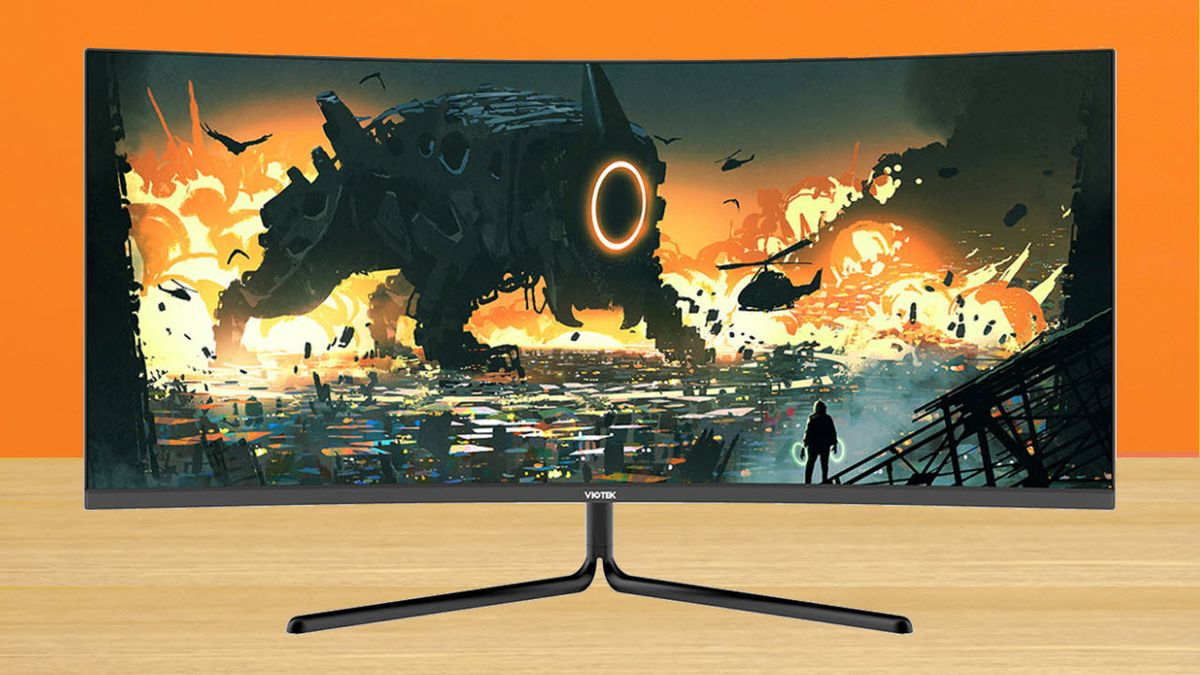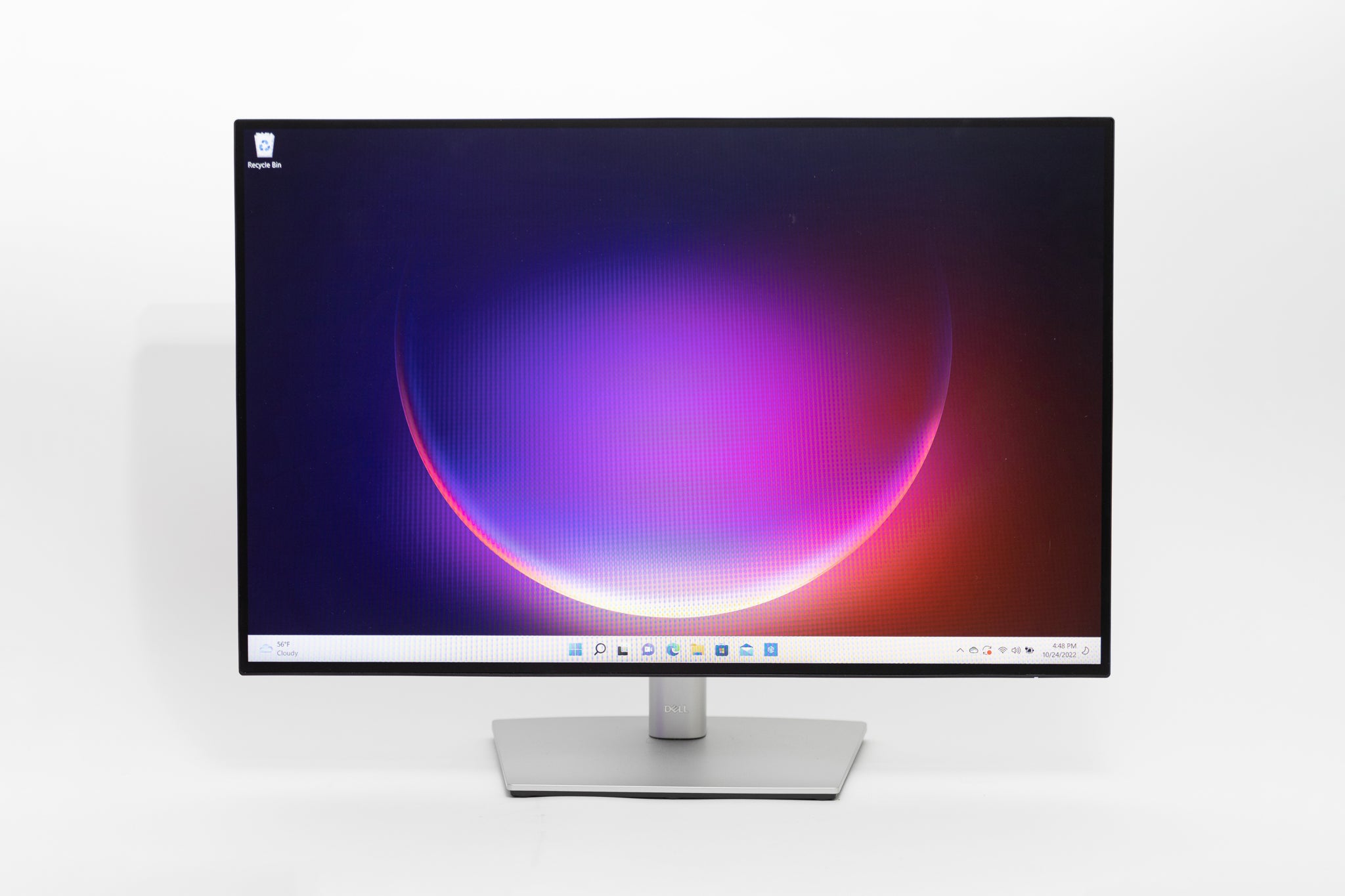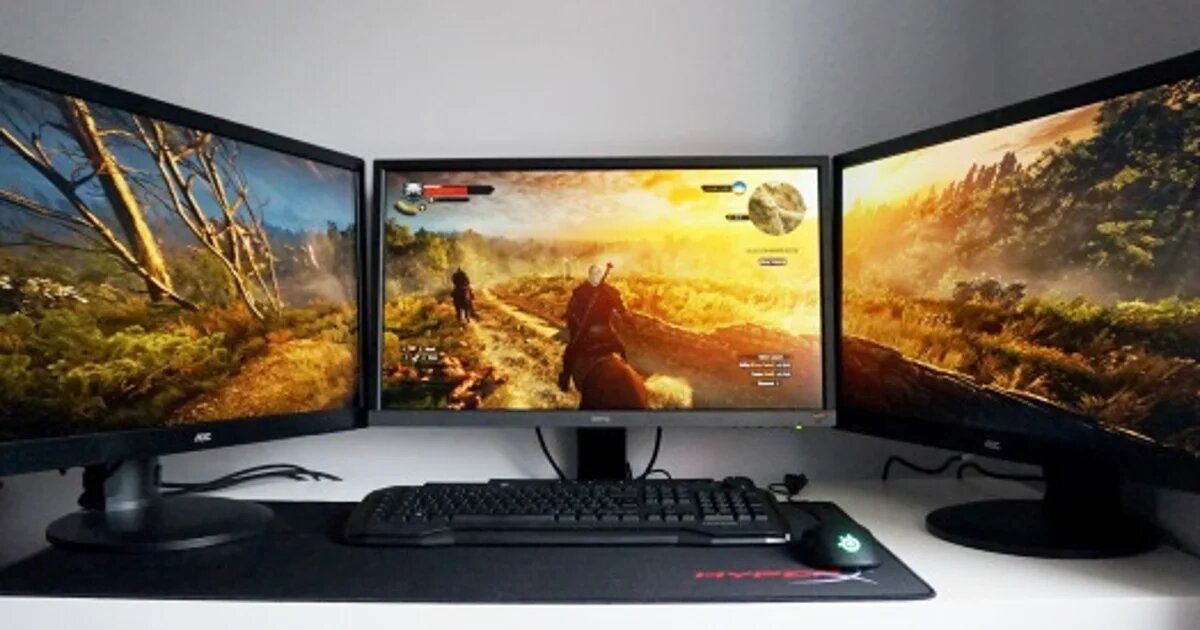How Does a Holter Monitor Work?
A Holter monitor is a small, portable device that is used to monitor and record your heart’s electrical activity over an extended period, typically 24 to 48 hours. It consists of electrodes that are attached to your chest and connected to a recording device that you can carry with you throughout your daily activities.
The electrodes detect the electrical signals produced by your heart and transmit the data to the recording device, which records the information for later analysis. These signals are displayed as a continuous graph known as an electrocardiogram (ECG) or EKG, which shows the patterns and abnormalities in your heart’s rhythm.
Unlike a standard ECG that only records your heart’s activity for a few minutes, a Holter monitor provides a comprehensive and continuous evaluation of your heart’s health over an extended period. This continuous recording allows doctors to capture any irregularities in your heart’s rhythm that may not be evident during a short-term monitoring.
The recorded data from the Holter monitor can be further analyzed and interpreted by medical professionals. They examine the ECG tracings to determine your heart rate, detect any disturbances in the electrical signals, and identify any irregular heartbeats or arrhythmias.
It is essential to wear the Holter monitor continuously during the monitoring period and avoid removing or interfering with the electrodes. Any disruption in the monitoring process may affect the accuracy of the results.
Rest assured, the Holter monitor is a safe and non-invasive device that does not cause any discomfort or pain. You can go about your daily activities as usual while wearing it, but you may be advised to avoid activities that involve submerging the device in water, such as swimming or taking a bath.
It’s important to note that while the Holter monitor records your heart’s activity, it does not provide real-time alerts or notifications for any cardiac emergencies. If you experience any severe symptoms, such as chest pain, dizziness, or shortness of breath, it is crucial to seek immediate medical attention.
Why Would You Need a Holter Monitor?
A Holter monitor is a valuable tool when it comes to diagnosing and monitoring certain heart conditions. Your doctor may recommend a Holter monitor test for various reasons:
- Suspected arrhythmias: If you experience symptoms such as palpitations, irregular heartbeats, or fainting spells, a Holter monitor can help determine if you have an underlying arrhythmia, a condition where your heart beats irregularly.
- Monitoring medication effectiveness: For individuals who are taking medications to manage their heart condition, a Holter monitor can track the effectiveness of the medication and ensure that it is successfully regulating your heart rhythm.
- Assessing heart disease: Holter monitors can be used to evaluate the extent of heart disease, especially in patients who have had previous heart attacks or episodes of angina (chest pain). The device can monitor any changes in your heart’s electrical activity during daily activities or exercise.
- Evaluating response to treatment: If you are undergoing treatment for an arrhythmia or other heart conditions, a Holter monitor is used to assess how effective the treatment is in regulating your heart rhythm and improving your overall heart health.
- Identifying the cause of unexplained symptoms: If you have unexplained symptoms such as unexplained fainting episodes or a sudden drop in blood pressure, a Holter monitor can help identify any abnormal heart rhythms that may be the cause.
By continuously monitoring your heart’s activity for an extended period, the Holter monitor provides valuable data that can help your healthcare provider make an accurate diagnosis and tailor an appropriate treatment plan specifically for you. It allows for a more in-depth evaluation of your heart’s electrical activity compared to a standard ECG, providing a comprehensive picture of your heart’s health.
It is not uncommon to feel anxious or uncomfortable during the Holter monitor test. However, rest assured that it is a routine procedure, and the results obtained from the test can provide valuable insights into your heart’s health, helping in the management of your condition and promoting your overall well-being.
What Can a Holter Monitor Detect?
A Holter monitor is a powerful tool that can detect various abnormalities in your heart’s electrical activity. Here are some of the key things that a Holter monitor can detect:
- Arrhythmias: One of the primary purposes of using a Holter monitor is to detect and monitor arrhythmias. These are abnormal heart rhythms that can include irregular heartbeats, rapid heartbeats, or slow heartbeats. The continuous recording provided by the Holter monitor can help identify the specific type of arrhythmia, its frequency, and the trigger factors.
- Heart rate variability: The Holter monitor records the variation in your heart rate throughout the day, capturing even minor fluctuations. This information can be useful in assessing the overall health of your heart and identifying any irregular patterns.
- Ischemia: Ischemia refers to reduced blood flow to the heart muscles, usually caused by narrowing or blockages in the coronary arteries. By monitoring your heart’s electrical activity, a Holter monitor can help detect signs of insufficient blood supply to the heart, such as ST-segment abnormalities on the ECG tracings.
- Effectiveness of medications: If you are taking medications to regulate your heart rhythm or manage other heart conditions, a Holter monitor can assess their effectiveness over a prolonged period. If the medication is not adequately controlling your heart rhythm, adjustments can be made to ensure optimal treatment.
- Episodes of fainting or dizziness: If you have experienced unexplained fainting spells or episodes of dizziness, a Holter monitor can help identify any abnormal heart rhythms that may be causing these symptoms. The monitor records your heart’s activity during these episodes, providing valuable insights into their underlying cause.
- Exercise-induced abnormalities: If you have symptoms that occur during exercise, such as chest pain or shortness of breath, the Holter monitor can help identify any abnormalities in your heart’s electrical activity that may be triggered by physical exertion.
By detecting these various abnormalities, the Holter monitor assists healthcare providers in diagnosing specific heart conditions and designing effective treatment plans. It provides a comprehensive overview of your heart’s activity during your normal daily routine, capturing any anomalous events that might otherwise be missed in a short-term ECG.
It is important to note that the Holter monitor is just one part of the diagnostic process. The results from the monitor are interpreted in conjunction with your medical history, symptoms, and other diagnostic tests to provide a comprehensive evaluation of your heart’s health.
How to Prepare for a Holter Monitor Test
Preparing for a Holter monitor test is relatively simple and involves a few essential steps to ensure accurate results. Here’s what you need to do to prepare for the test:
- Clothing: Wear loose-fitting clothing on the day of the test. This will make it easier to attach the electrodes and ensure your comfort throughout the monitoring period. Avoid wearing clothing with metal components, as they can interfere with the recording device.
- Shower: Take a shower or bath before the test, as you will be advised to refrain from doing so during the monitoring period. The electrodes and recording device should not be exposed to water to prevent damage.
- Inform your healthcare provider: Inform your doctor about any medications you are currently taking to ensure there are no medications that may interfere with the test or its results. They may provide specific instructions on whether to continue taking your medications during the monitoring period.
- Activities: Follow your normal everyday routine during the test unless otherwise instructed by your doctor. Engage in your regular activities, including exercise, as this will provide a more accurate representation of your heart’s activity.
- Documentation: Keep a diary or note any symptoms or activities that occur during the monitoring period. This information will be helpful for your doctor when analyzing the ECG tracings and correlating them with your symptoms.
- Electrode placement: Understand the proper placement of the electrodes. Ensure your skin is clean and dry in the areas where the electrodes will be placed to ensure good contact and accurate recordings. Your healthcare provider will guide you in correctly attaching the electrodes to your chest.
- Carrying the device: Your doctor will provide instructions on how to carry the recording device during the monitoring period. It is crucial to keep the device close to your body and avoid putting any unnecessary pressure on it.
- Follow instructions: Pay attention to any additional instructions provided by your healthcare provider. This may include avoiding certain activities or situations that may interfere with the monitoring process, such as exposure to strong magnetic fields or electrical devices.
Preparing for a Holter monitor test is fairly straightforward and should not cause any inconvenience. If you have any questions or concerns about the preparation process, do not hesitate to discuss them with your healthcare provider. They will be able to provide you with the necessary guidance and ensure a smooth testing experience.
What to Expect During the Holter Monitor Test
The Holter monitor test is a simple and non-invasive procedure that involves wearing a portable device to record your heart’s electrical activity over an extended period. Here’s what you can expect during the Holter monitor test:
- Electrode Placement: Your healthcare provider will attach small, adhesive electrodes to specific locations on your chest. These electrodes are connected to a recording device that you will carry with you throughout the monitoring period.
- Device Setup: The recording device is usually small and lightweight, allowing for easy mobility. It may be worn around your neck, clipped to your belt, or carried in a pocket. Your healthcare provider will explain how to properly wear and handle the device.
- Wear Time: The duration of the Holter monitor test can vary, but it typically lasts for 24 to 48 hours. Your doctor will determine the specific length of time based on the suspected condition or symptoms being evaluated.
- Avoidance of Water: You will be instructed to avoid getting the device and the attached electrodes wet. This means refraining from activities such as swimming, bathing, or using hot tubs during the monitoring period.
- Carrying out Your Normal Routine: Throughout the monitoring period, you should continue your normal daily activities. This includes your regular exercise routine, work, household chores, and other customary tasks. It is important to maintain your usual lifestyle to provide accurate data for analysis.
- Recording Symptoms: If you experience any symptoms during the test, such as dizziness, palpitations, or chest pain, it is important to note them down in a diary or follow any specific instructions given by your healthcare provider. Documenting these symptoms helps your doctor correlate them with the recorded ECG tracings for a comprehensive analysis.
- Comfort and Convenience: The Holter monitor is generally comfortable to wear and should not cause any significant disruption to your daily activities. However, you may need to take certain precautions to prevent entanglement of the wires or accidental dislodgement of the electrodes.
- Removal of the Monitor: At the end of the monitoring period, you will return to your healthcare provider’s office to have the Holter monitor removed. The recordings will be downloaded and analyzed by medical professionals to interpret the data and provide you with the results.
It is important to follow the specific instructions provided by your healthcare provider regarding the Holter monitor test. This ensures that you get accurate and reliable results, which are crucial for a comprehensive evaluation of your heart’s health.
Overall, the Holter monitor test is a straightforward procedure that offers valuable information about your heart’s electrical activity, helping your healthcare provider diagnose and manage any potential heart conditions more effectively.
How Long Do You Have to Wear a Holter Monitor?
The duration of wearing a Holter monitor typically varies depending on the specific purpose of the test and the symptoms or conditions being evaluated. The monitoring period can range from 24 hours to 48 hours or even longer in some cases. Here’s what you need to know about the duration of wearing a Holter monitor:
24-Hour Monitoring: The most common duration for a Holter monitor test is 24 hours. You will be asked to wear the monitor for an entire day, during which it will continuously record your heart’s electrical activity. This timeframe allows healthcare providers to assess your heart’s rhythm and detect any abnormal patterns that may occur during your normal daily activities.
48-Hour Monitoring: In some cases, your doctor may recommend a 48-hour Holter monitor test. This extended duration provides a more comprehensive evaluation of your heart’s activity, allowing for a better understanding of your heart rhythm over a longer period. It is particularly useful in capturing any irregularities that may not be observed during a shorter monitoring period.
Extended Monitoring: There are instances where your doctor may require you to wear a Holter monitor for more than 48 hours. This is typically done if your symptoms occur infrequently or are unpredictable. The extended monitoring period increases the likelihood of capturing any abnormal heart rhythms that may not have been detected during a shorter monitoring period.
The specific duration of the Holter monitor test will be determined by your healthcare provider based on your medical history, symptoms, and the suspected condition. It is important to follow their instructions and wear the monitor for the specified duration to ensure accurate results.
During the monitoring period, it is crucial to go about your normal routine and engage in your regular activities. This will provide healthcare providers with a more accurate representation of your heart’s activity during typical daily tasks. It is also important to document any symptoms or noteworthy activities in a diary, as this information can be valuable during the analysis of the recorded data.
Once the monitoring period is complete, you will return to your healthcare provider’s office to have the Holter monitor removed. The recorded data will then be evaluated by medical professionals who will interpret the results and provide you with a comprehensive analysis.
Remember to follow any specific instructions given by your healthcare provider regarding the wearing and removal of the Holter monitor. Their guidance will help ensure a successful and accurate test that will aid in the diagnosis and management of any potential heart conditions.
What to Do While Wearing a Holter Monitor?
When wearing a Holter monitor, it is important to continue with your daily routine as much as possible. Here are some guidelines on what to do while wearing a Holter monitor:
- Carry on with Normal Activities: The purpose of wearing a Holter monitor is to capture your heart’s activity during your regular daily activities. Therefore, it is important to continue with your normal routine, including work, exercise, household chores, and recreational activities.
- Document Symptoms and Activities: If you experience any symptoms, such as palpitations, dizziness, or chest pain, it is crucial to document them in a diary provided by your healthcare provider or as instructed by them. Include details about the time, duration, and intensity of the symptoms, as well as any activities you were engaged in when the symptoms occurred.
- Follow Instructions for Showering and Bathing: To protect the Holter monitor and the attached electrodes, you may be instructed to avoid showering or bathing during the monitoring period. Your healthcare provider will provide specific guidelines on how to keep the monitor dry and prevent any damage to the equipment.
- Handle the Device with Care: While the Holter monitor is generally durable, it is important to handle it with care. Avoid dropping the device or subjecting it to extreme temperatures or mechanical stress. Carefully follow instructions on how to carry the device, whether it is worn around your neck, clipped to your belt, or held in a pocket.
- Avoid Electromagnetic Interference: To prevent any potential interference with the Holter monitor’s recording, try to stay away from strong sources of electromagnetic fields such as MRI machines, generators, or powerful electronic devices.
- Keep the Device Close to Your Body: Ensure that the Holter monitor is securely and comfortably attached to your body as instructed by your healthcare provider. This will help ensure accurate recording and prevent any accidental dislodgement of the electrodes or damage to the device.
- Wear Comfortable Clothing: Opt for loose-fitting clothing that allows easy access to the electrode placement areas. Avoid wearing clothing with metal components that may interfere with the recording device.
- Stay Hydrated: Maintain proper hydration by drinking plenty of water. It is important to keep your body hydrated as it can have an impact on your heart’s activity.
It is normal to feel self-conscious or a little uncomfortable with the presence of the Holter monitor. However, try not to let it hinder your day-to-day activities. Remember that the monitor is designed to capture your heart’s activity, and the more accurately it reflects your normal routine, the more valuable the recorded data will be for analysis.
If you have any specific concerns or questions about what to do while wearing the Holter monitor, do not hesitate to consult your healthcare provider. They can provide you with personalized instructions and address any queries or issues you may have throughout the monitoring period.
Interpreting the Holter Monitor Results
Interpreting the results of a Holter monitor test requires the expertise of healthcare professionals who specialize in analyzing cardiac rhythms. Here is a general overview of how the Holter monitor results are interpreted:
Analysis of ECG Tracings: The recorded data from the Holter monitor is carefully analyzed by medical professionals, typically a cardiologist or a specialized technician. They examine the electrocardiogram (ECG) tracings, which display your heart’s electrical activity over the monitoring period.
Heart Rhythm Assessment: The primary focus of the analysis is to assess your heart’s rhythm. The medical professional will look for any abnormal heartbeats, irregular rhythm patterns, or arrhythmias. They will categorize these rhythm abnormalities, such as premature ventricular contractions (PVCs), atrial fibrillation, or bradycardia, based on the specific ECG findings.
Temporal Relationship: The medical professional will correlate any recorded symptoms documented in your diary or noted during the monitoring period with the corresponding ECG tracings. This helps determine if the symptoms you experienced are directly related to the observed rhythm abnormalities.
Frequency and Severity: The number of abnormal heartbeats or arrhythmias detected during the monitoring period is also assessed. The medical professional will measure the frequency and severity of these abnormalities to better understand the impact on your heart’s overall rhythm and function.
Trends and Patterns: Patterns and trends observed in your heart’s electrical activity over time are analyzed. This includes any consistent irregularities or changes in the rhythm that may indicate a progressive condition or response to certain triggers.
Accuracy of Diagnosis: The results of the Holter monitor test play a crucial role in accurately diagnosing your heart condition. The medical professional will consider your medical history, symptoms, and other diagnostic tests in conjunction with the Holter monitor results to make a definitive diagnosis or determine the need for further testing.
It is important to note that interpreting Holter monitor results requires specialized knowledge and experience. The analysis must be done in the context of your unique medical situation. Therefore, it is essential to consult with your healthcare provider or cardiologist to receive a comprehensive understanding of the results and its implications for your heart health.
Remember that the results of the Holter monitor test provide valuable insights into your heart’s electrical activity, allowing healthcare professionals to tailor an appropriate treatment plan specific to your condition. They may recommend lifestyle modifications, medications, or further interventions based on the results to help manage and improve your heart health.
Benefits and Limitations of Holter Monitor Testing
Holter monitor testing offers several benefits in diagnosing and monitoring various cardiac conditions. However, it also has its limitations. Let’s explore the benefits and limitations of Holter monitor testing:
Benefits:
- Continuous Monitoring: The continuous recording provided by a Holter monitor allows for a more comprehensive evaluation of your heart’s electrical activity compared to a standard ECG. It captures any irregularities in your heart’s rhythm that may occur during your normal daily activities, providing valuable data for diagnosis and treatment.
- Real-Life Assessment: By wearing a Holter monitor during your regular routine, your heart’s activity can be evaluated in real-life situations. This helps identify any abnormal rhythms triggered by specific activities, stressors, or environmental factors.
- Diagnosing Arrhythmias: Holter monitors are especially useful in detecting arrhythmias, including irregular heartbeats, which can occur infrequently or sporadically. They provide a better chance of capturing these abnormal rhythms compared to short-term ECG monitoring.
- Correlation with Symptoms: Holter monitors allow you to document any symptoms you experience during the monitoring period. This information can be correlated with the recorded ECG tracings, providing valuable insights into the link between symptoms and abnormal heart rhythms.
- Medication and Treatment Assessment: Holter monitors can evaluate the effectiveness of medication in controlling heart rhythm abnormalities. They also help assess the response to treatment, such as the effectiveness of anti-arrhythmic drugs or surgical interventions.
Limitations:
- Short-Term Monitoring: While Holter monitors record for an extended period, they are still limited by the duration of wear, typically 24 to 48 hours. Some arrhythmias or symptoms may not occur within this timeframe, requiring further testing, such as an event monitor or an implantable loop recorder.
- Limited Diagnostic Scope: Holter monitors primarily focus on evaluating heart rhythm abnormalities and detecting arrhythmias. They may not provide comprehensive information about other aspects of heart health, such as coronary artery disease or structural abnormalities.
- Dependency on Patient Compliance: The accuracy of Holter monitor results relies heavily on the patient’s adherence to wearing the device as instructed. Any interference, removal, or misplacement of electrodes may affect the quality of the recordings.
- Lack of Real-Time Alerts: Holter monitors record heart activity for later analysis but do not provide real-time alerts for cardiac emergencies. If you experience severe symptoms such as chest pain or difficulty breathing, it is essential to seek immediate medical attention despite wearing the monitor.
- Potential Disruption to Daily Activities: The presence of a Holter monitor may cause some discomfort or inconvenience during daily activities. Patients should be mindful of the device’s placement, handle it with care, and avoid activities that may damage it.
Despite its limitations, Holter monitor testing remains a valuable diagnostic tool for evaluating heart rhythm abnormalities. The information obtained from this non-invasive and widely available procedure helps guide treatment decisions and improve the overall management of cardiac conditions.
Follow-up After a Holter Monitor Test
After completing a Holter monitor test, it is important to follow up with your healthcare provider to discuss the results and next steps. Here are some key aspects of the follow-up process:
Appointment with Your Healthcare Provider: Your healthcare provider will schedule a follow-up appointment to review the results of the Holter monitor test. This appointment is crucial in understanding the findings, discussing any abnormalities, and determining appropriate treatment or further testing, if necessary.
Review of Holter Monitor Results: During your follow-up appointment, your healthcare provider will interpret the recorded data from the Holter monitor and discuss the findings with you. They will explain the significance of any abnormalities, such as arrhythmias or changes in heart rate, and address any concerns you may have.
Treatment Plan: Depending on the results, your healthcare provider may recommend a treatment plan tailored to your specific condition. This may involve medication adjustments, lifestyle modifications, referral to a specialist, or further diagnostic tests to better understand your cardiac health.
Addressing Symptoms: If you experienced symptoms during the Holter monitor test, your healthcare provider will consider these symptoms in conjunction with the recorded data. They will assess the relationship between your symptoms and any detected abnormalities to determine the appropriate management strategies.
Adjustments to Medications: If you are already taking medications to manage a heart condition, the Holter monitor results may influence medication adjustments. Your healthcare provider may modify your medication regimen in order to optimize its effectiveness in regulating your heart’s rhythm.
Long-Term Monitoring: In some cases, your healthcare provider may recommend further monitoring through additional Holter monitor tests or other types of cardiac monitoring devices. This is particularly important if the initial test did not capture any significant abnormalities, but your symptoms persist or are intermittent.
Education and Counseling: Your follow-up appointment is also an opportunity for your healthcare provider to provide education and counseling regarding your heart health. They may offer guidance on lifestyle modifications, such as diet, exercise, stress reduction techniques, and smoking cessation, to promote overall cardiovascular well-being.
Addressing Concerns and Questions: Your follow-up appointment is an ideal time to discuss any concerns or questions you may have about your heart health, the test results, or your treatment plan. Being proactive in seeking clarifications or seeking further information can help you better understand your condition and actively participate in your care.
Remember, regular follow-up appointments are vital for managing your heart health effectively. They allow for ongoing evaluation of your cardiac condition, adjusting treatment plans as needed, and ensuring optimal management of any identified abnormalities or symptoms.










